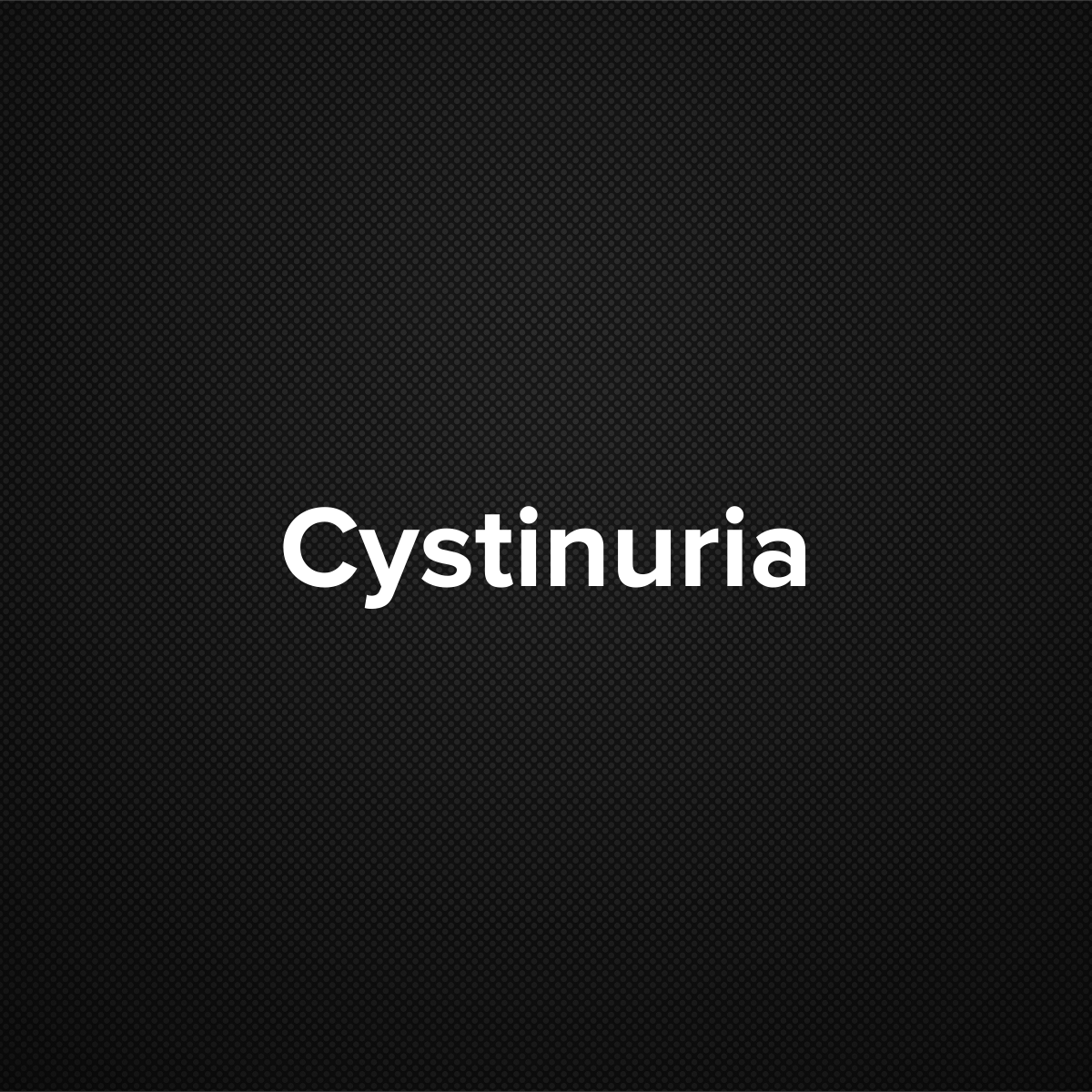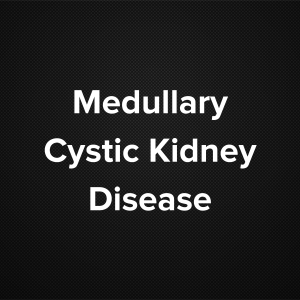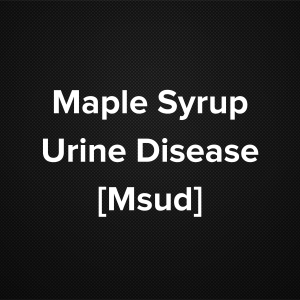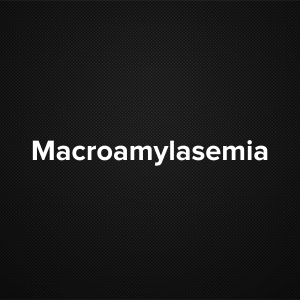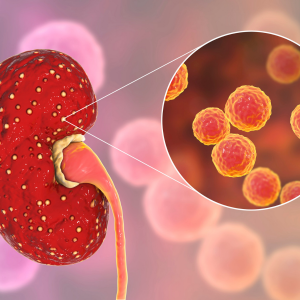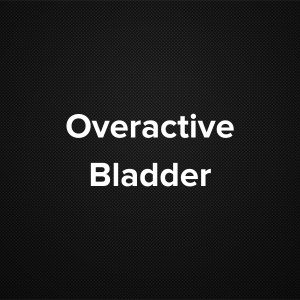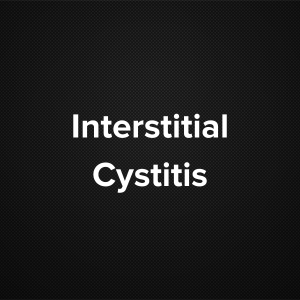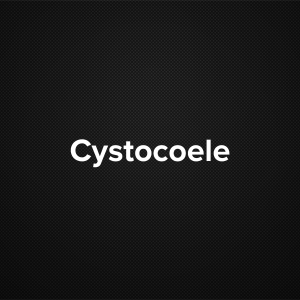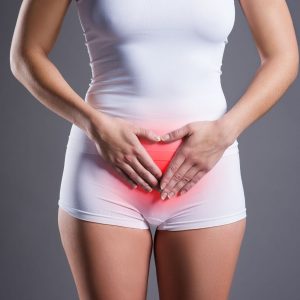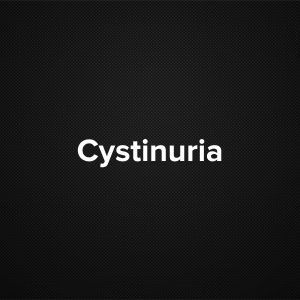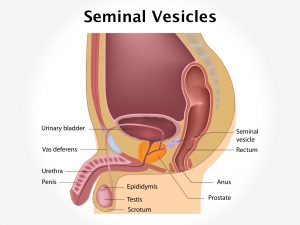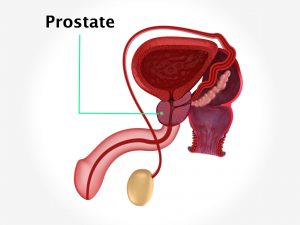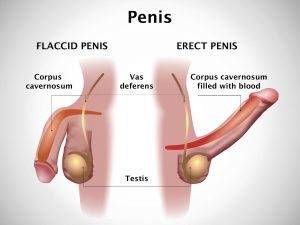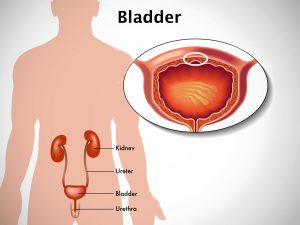Causes and risk factors
Cystinuria results due to defective genes inherited from both parents. Genetic mutations occur in the SLC3A1 and SLC7A9 genes. This genetic defect causes impairment of intestinal absorption and renal reabsorption of cystine which accumulates inside the kidney and forms crystals or cystine stones. The rock hard stones get stuck in the kidneys, bladder, and urethra.
Clinical presentation
This disease is characterized by the formation of persistent kidney stones. The patient may remain asymptomatic in the stone-free period. Kidney stones lead to symptoms such as renal pain, pain in the back or sides or flanks. Pain is usually on one side. The pain is severe. Pain can be felt in pelvis, groin, genitals, between the upper abdomen and back. There is hematuria. Nausea and vomiting can occur. Symptoms of hydronephrosis or pyelonephritis, if present, can occur.
Investigation
Medical history by the patient and clinical examination by the doctor helps in diagnosis. Blood tests include routine hemogram along with blood sugar, urea, and creatinine. Urine examination is done. Ultrasound/CT scans to reveal if a stone is present. Genetic analysis is done.
Treatment
Treatment involves adequate hydration. Potassium citrate to alkalize the urine help in reducing the formation of stones. Chelating agents may be useful. Extracorporeal shockwave lithotripsy [ESWL] for removal of stones may be required. Percutaneous nephrolithotomy [PCNL] for larger stones may be needed. Analgesics, nonsteroidal anti-inflammatory drugs give symptomatic relief.
Other Modes of treatment
The other modes of treatment can also be effective in treating cystinuria. Homoeopathy is a science which deals with individualization and considers a person in a holistic way. This science can be helpful in combating the symptoms. Similarly, the Ayurvedic system of medicine which uses herbal medicines and synthetic derivates are also found to be effective in treating cystinuria.
Facts and figures
Cystinuria occurs amongst 1 in 10,000 people in the world.
